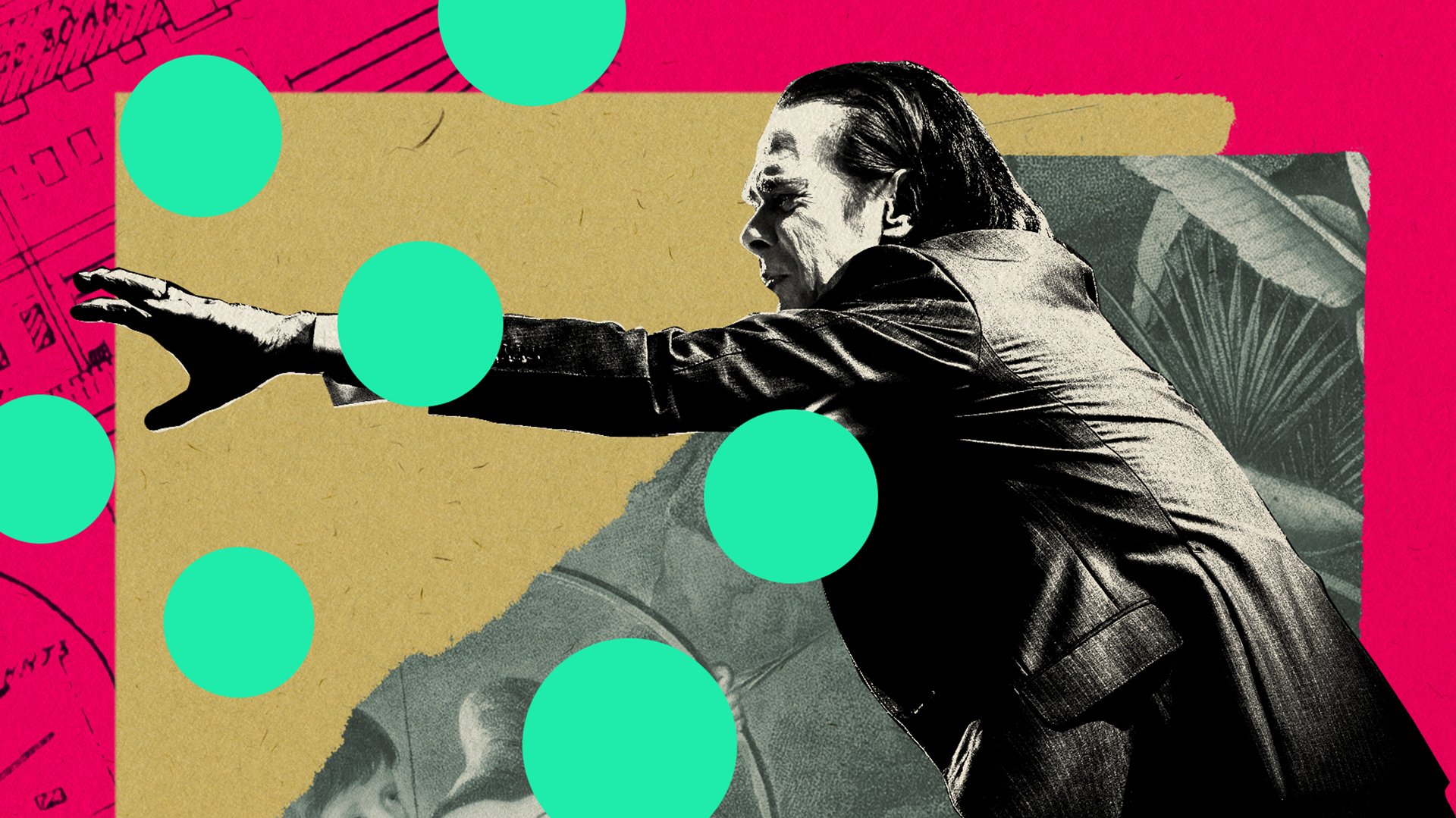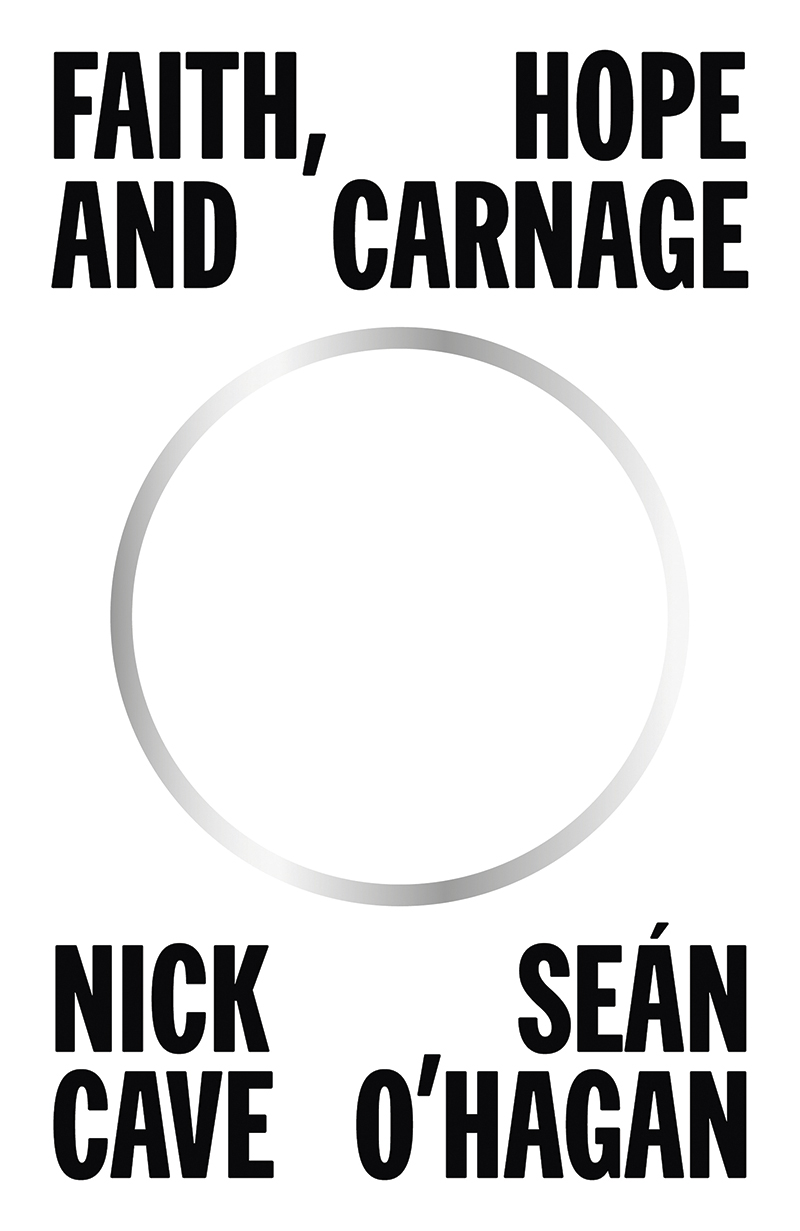It sounds like the dream assignment for an ardent book lover and avid book reader; the chance to wax
lyrical about your favourite book of the year. But it isn’t. It is tortuous. The more great books you’ve read, the more agonising it is. Because settling on The Big Issue Book of the Year isn’t just about choosing a personal favourite. I have a long list of 2022 books which delivered on the major fronts: originality, emotional heft, intelligence, poetry, good jokes. Revelatory books that opened a new world to me. Treasure troves of curios and secrets. Books that followed me around like imploring ghosts, or skulked into my head every night like stalking prayers. But The Big Issue Book of the Year requires a very special quality beyond even those things; it should be a rare gift which enhances its readers’ minds and has a genuine effect on their lives.
It is this seismic and probably unreasonable demand which decided me. Faith, Hope and Carnage is an epiphany. This series of rabbit-hole interviews with musician/songwriter/poet Nick Cave by his friend, the Irish journalist Sean O’Hagan, brings new depth and consequence to the art of the interview.
Fans of Cave will know that recent years have hit the artist for six. His 15-year-old son Arthur – a “beautiful, happy, loving boy” in his father’s words – died suddenly when he fell off a cliff in 2015. Unsurprisingly, this changed Cave fundamentally as a human being and, in ways he only began to grasp a few years later, as an artist. Hollowed out by a grief so powerful he said he could feel it tear through his body, one wondered if the man who notoriously hated doing interviews would ever speak publicly again.
Then a miraculous thing happened. Cave created an open forum, The Red Hand Files, and invited fans to ask him “anything”. In response to questions more penetrating and personal than any journalist would have felt comfortable asking, Cave was open and frank. The man known for his instinct to guard his privacy and shatter the protective shield of mainstream art with “dissonance and disruption” became the welcoming host of a home for shared pain.
- Find out how you can win a bundle of Nick Cave goodies
- Lucid prose, raw accounts of grief and witty memoirs: The Big Issue critics’ books of the year
- The best children’s books of 2022
Faith, Hope and Carnage explains how and why this transformation happened, and why Cave now feels more like “a citizen, a neighbour, a father, a husband” than an artist. One of the first things he did when Arthur died was to get rid of the office where he (Cave) wrote. Suddenly it felt like a place of grotesque self-absorption. The revered master of deep, dark song scoffed at his own inflated sense of importance, and gradually surrendered to a very different urge; to find a way out of crippling sadness and embrace life again. He began to understand that creativity and the imagination were more than tools of his trade; they could help form crucial steps on his journey towards psychological recovery.
O’Hagan’s 40 hours of conversation venture into many aspects of Cave’s rich multiverse; his youth and musical history, his changing ideas and beliefs regarding art, family, friendship and God. His tone is sincere, his considerations profound and at times convincingly spiritual (an aspect that impressed the ex-Archbishop of Canterbury Rowan Williams, who praised this “absolutely wonderful” book, adding, “I don’t think I’ve ever read so integrated and searching an engagement with how faith works, how creativity works, and how grief is bound up with both.”) It’s a relief to be reminded that Cave is also a very funny guy, with a droll sense of humour never deemed out of bounds.










